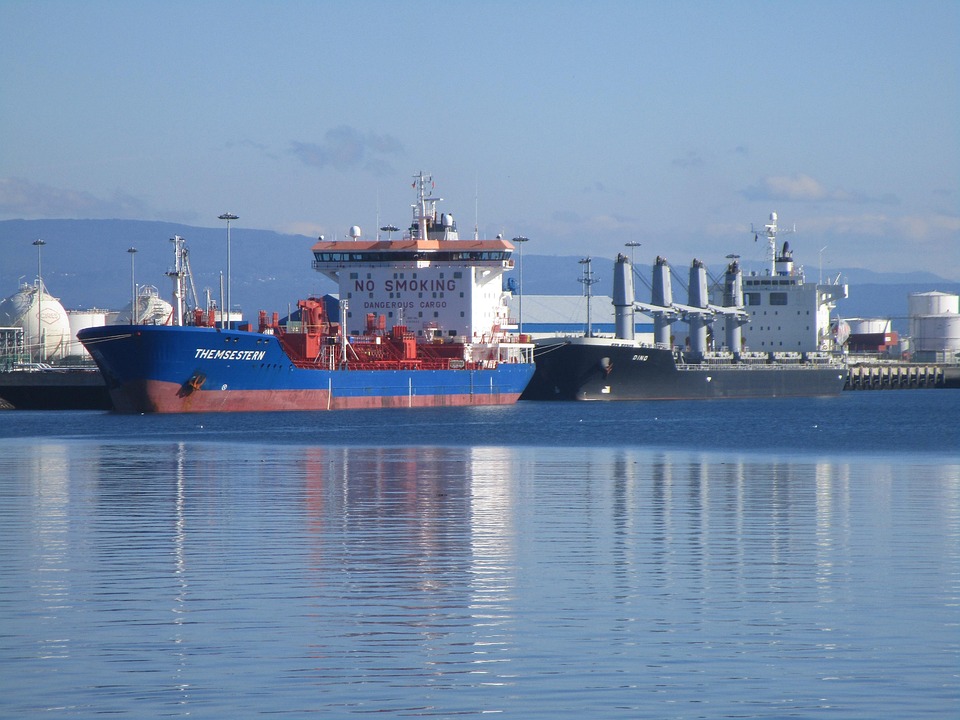
What is export factoring? How does it differ from ordinary agency?
Export Factoring with Recourse refers to the arrangement in which a specialized financial institution (the factor)Reserve the right of recourseon the premise of providing exporters with a comprehensive package that includes buyer credit assessment, accounts-receivable management, credit-risk guarantee, and trade financing. The key difference from a regular agent is:
- The bank assumes the buyer’s credit risk (non-payment not arising from commercial disputes).
- Provide an advance payment of up to 90% of the invoice amount
- Retain recourse against the exporter (e.g., in the event of the buyer's bankruptcy)
Typical Operating Process for Export Factoring in 2025
Based on our hands-on experience serving 200+ manufacturing enterprises in the Yangtze River Delta, the current mainstream operational workflow has achieved full digitization:
- Step 1: Verify the authenticity of the trade through a blockchain platform
- Step 2: The AI system evaluates the buyer’s credit limit in real time
- Refer to the AEO certification data from customs
- Integrate information from global corporate credit platforms
- Step 3: E-sign the factoring agreement (including smart contract clauses)
- Step 4: Disbursement of financing completed on T+1 business day
Which types of businesses are best suited for export factoring?
According to the latest 2025 industry data, the following three categories of companies have the highest adoption rates:
- Mid-sized manufacturers with annual export volumes of USD 5 million to 50 million
- The main export markets are emerging economies (such as Southeast Asia and Latin America).
- OEM/ODM companies with payment terms exceeding 60 days
A Ningbo small-appliance firm cut its bad-debt ratio from 3.2 % to 0.5 % through factoring and accelerated capital turnover by 40 %.
How are service fees calculated? Are there any hidden costs?
2025 industry standard fee structure includes:
- Basic service fee: 0.6%–1.2% of the invoice amount
- Subject to adjustment based on the buyer's country risk rating
- Financing interest: LPR + 150–300 bps
- Special Note: Electronic document processing fee (approximately $15 per transaction)
It is recommended to request the factor to provideExact cost checklist, with particular attention to the prepayment penalty clauses.
How to Avoid Common Risks in Factoring?
Based on the dispute cases we have handled, special attention should be paid to:
- Disputes over the quality of the goods are not covered under the policy.
- Documents must be 100% compliant with the contract stipulations.
- Starting in 2025, new ESG compliance certification requirements will be introduced
- Update the buyer's credit limit in a timely manner (a quarterly review is recommended).
Which is more cost-effective: factoring or a letter of credit?
Through a cost-comparison analysis (based on a $1 million order):
- Letter of Credit: Total cost approximately $12,000 (including bank charges + margin cost)
- Factoring: Total cost $8,500–$9,800
But note: letters of credit are more suitable forHigh political riskin the region, while factoringCommercial credit riskIt has a clear edge in prevention.
5 Key Criteria for Selecting a Factor
According to the 2025 rating standards of the Factors Chain International (FCI):
- Global cooperation network coverage (at least 30 countries)
- Digital processing capability (automated reconciliation system)
- Dispute Resolution Response Time (no more than 72 hours)
- Funding arrival time (T+1 is the industry benchmark)
- Historical claims payout records (data for the past 3 years required)
What new changes in the industry should we pay attention to in 2025?
Based on the newly released "Measures for the Administration of Cross-Border Financial Services":
- Mandatory requirement for factors to connect to the SAFE blockchain platform
- Green trade financing is eligible for a 0.2% fee discount
- Businesses within the RCEP region can enjoy fast-track services.
We recommend that companies regularly attend compliance training sessions held by banks to stay promptly informed of policy updates.


 Follow Customer Service WeChat
Follow Customer Service WeChat